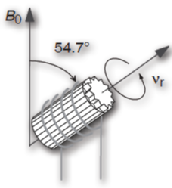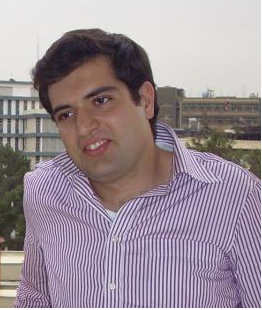Hasan Alkassem
Social Life
I am Syrian and I was born in Syria where I started my social life. I have grown up in a big conservative family in Damascus consists of a wonderful parents and very nice sisters and brothers. All the family members were pushing me toward success and distinction. The social network that I have built during my life, including friends, professors, students, neighbours and work mates, is indeed my actual heart providing me with motivation and enthusiasm. This network is still extending as I always tend to work in a group of people with whom I share a lot of ideas and events. I like teaching my experience to friends as well as being a student to gain from them. My favourite sport is riding, Arabian , horses which is due to the motivations I had from my dad as he used to raise horses in his ranch, but also, I enjoy playing some other sports especially the ones that require teams such as football, basketball and volleyball. Dealing with mean and rude behaviours is not in my experience as I always come across with very nice people from all over the world who immediately become my friends, and fortunately the communication facilities nowadays let me keep in touch.
, horses which is due to the motivations I had from my dad as he used to raise horses in his ranch, but also, I enjoy playing some other sports especially the ones that require teams such as football, basketball and volleyball. Dealing with mean and rude behaviours is not in my experience as I always come across with very nice people from all over the world who immediately become my friends, and fortunately the communication facilities nowadays let me keep in touch.
Academic Life
I have graduated from the University of Damascus, school of chemistry. During my undergraduate life I was partly responsible for the quality control Lab in my family’s industrial business which made me more interested in chemistry and raised up the level of confidence. It is a very good way of learning if you can apply practically what you learn theoretically. After graduation, I filled a position of a Lab demonstrator in the analytical chemistry Labs in Damascus University for three semesters where teaching and learning hand-to-hand with undergraduate students were performed. Then I felt that I need more experience in terms of dealing with the analyses precisely and extending my familiarity with all instrumental techniques, so I made a dissension to do a master in Warwick called AS:MIT (Analytical Science : Methods and Instrumental Techniques).
(Analytical Science : Methods and Instrumental Techniques).
AS:MIT Course
I have accomplished and passed the course with 70% overall grade (Merit).
AS:MIT is a very big bag including a lot of theoretical knowledge and experimental skills of almost all the analytical and instrumental techniques used in the modern Labs. This bag can be carried to the next step which will be either a PhD research or a position in a pharmaceutical or industrial company.
To be frank with you, although I had got a lot of helps from my friends, the first two months of the master were really difficult. Then I started by increasing my skills and experience to jump over the hindrances one by the other. The skills and experience acquired are really amazing and are actually worth not less than the science itself. After I have done all the eight modules, I felt that NMR science is really interesting as it is something extremely deep by dealing with the smallest object in the world, the Nucleus, as well as its important applications in academic and industrial researches. Hence, I did join the NMR research group in chemistry department at Warwick. My research project was supervised by Dr Józef Lewandowski
in chemistry department at Warwick. My research project was supervised by Dr Józef Lewandowski  and involved collaboration with Pfizer.
and involved collaboration with Pfizer.
About My Research
The aim of the project was employing solution and solid-state NMR for facilitating chromatography method development. NMR relaxation measurements were utilized to study qualitatively and quantitatively the hydrophobic interactions between studied analytes and stationary phases as well as mobile phases which are commonly used in reversed phase chromatography systems.
As heterogeneous samples consisting of a mixture of solution and solid were investigated, spinning the samples in the magic angle MAS ≈ 54.7° with respect to the magnetic field B0 (Fig.1) had a very active role in resolving the spectra by averaging out the bulk magnetic susceptibility which results in broadening the lines of spectra. Thus, using solid-state NMR was essential in our study.

Fig.1.The magic angle spinning employed in the solid-state NMR spectrometers
The study included six different analytes, three different stationary phases and two different mobile phases. The results show a very good correlation between the NMR measurements and the chromatographic data.

